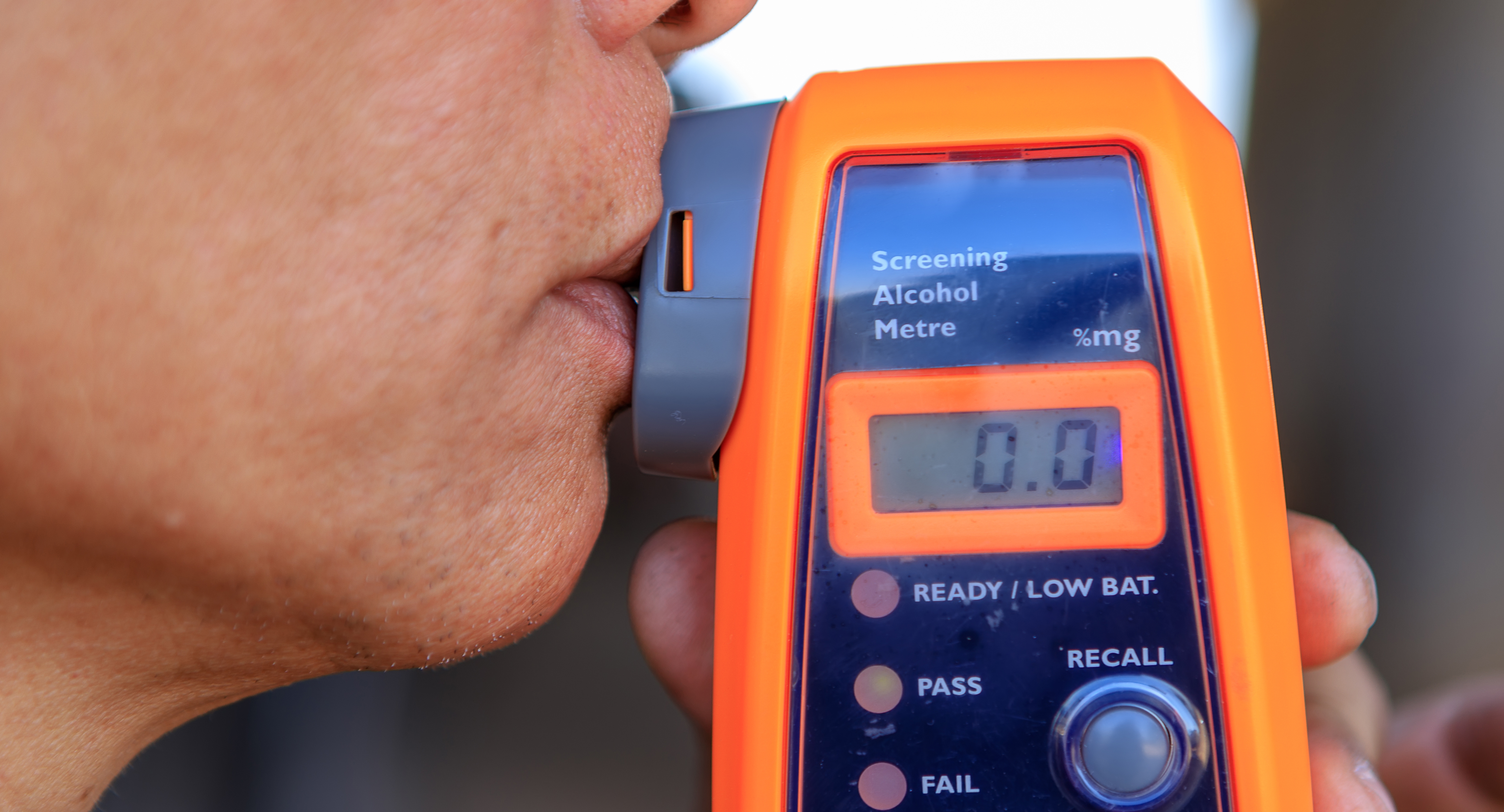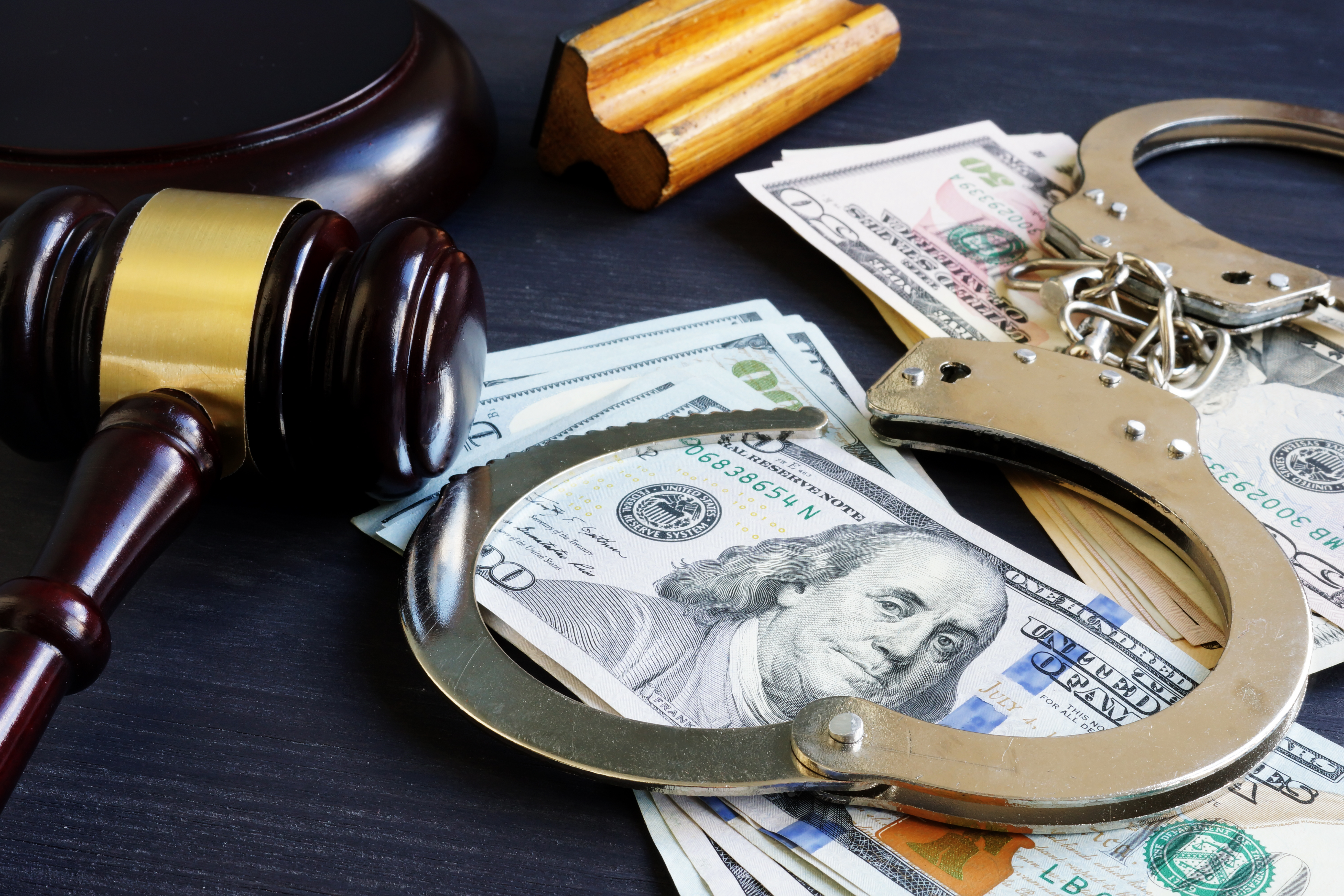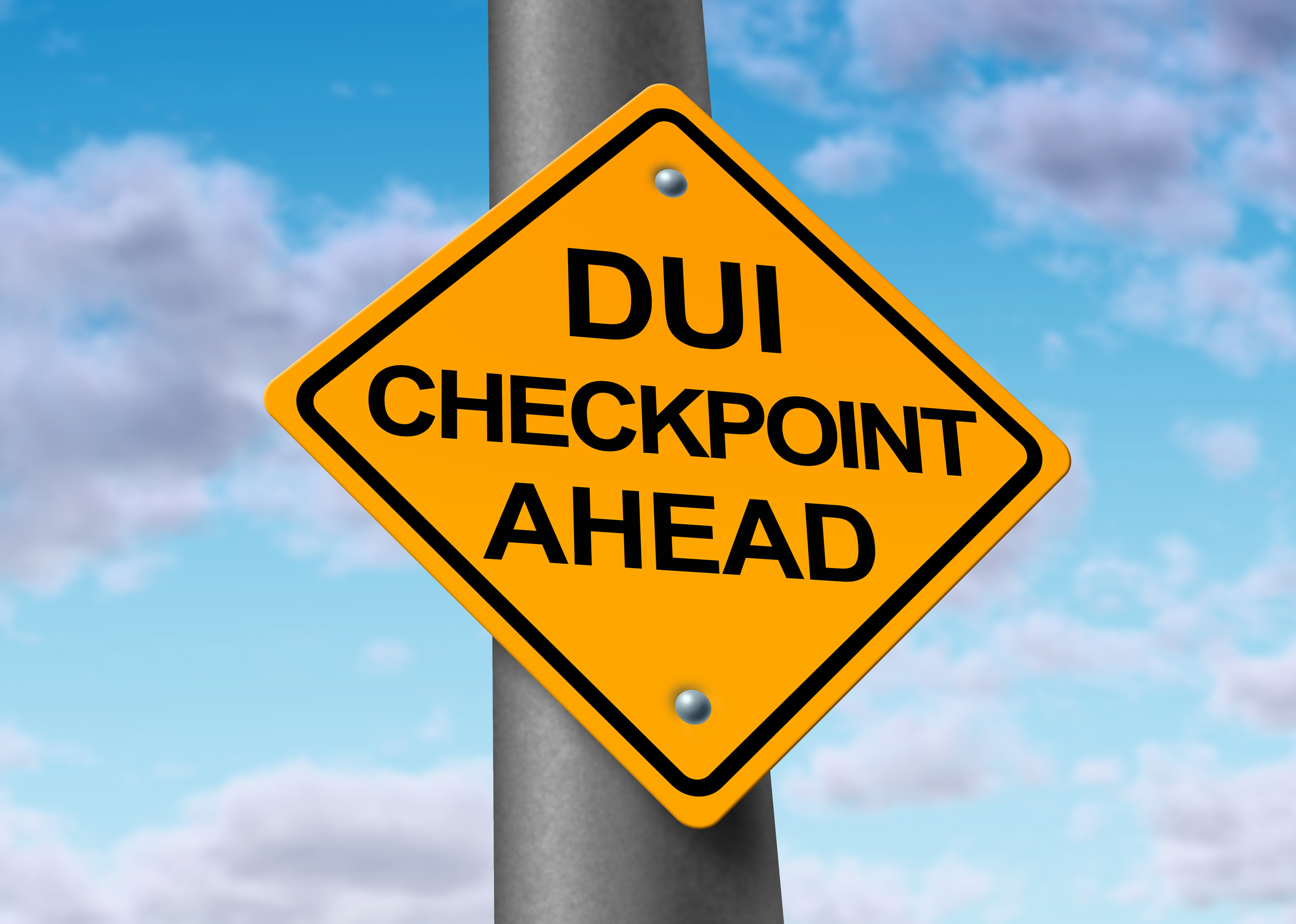Driving in the state of Texas with a Blood Alcohol Count (BAC) of 0.15 or above is a Class A Misdemeanor, punishable with severe criminal and civil penalties.
If you have been arrested for driving in Texas with a BAC of 0.15 or above, you need to find an experienced lawyer immediately. It may be possible to get the charges reduced or dismissed, but you will need professional help.
What is Driving While Intoxicated with a BAC of 0.15 in Texas?
Driving while your mental and physical capabilities are impaired by the use of alcohol or drugs is illegal in Texas. Many people refer to this crime as “Driving Under the Influence” (DUI), but the correct legal term is Driving While Intoxicated (DWI).
Texas law defines alcohol concentration according to the number of grams of alcohol in every 210 liters of breath, 100 milliliters of blood, or 67 milliliters of urine. A person with a BAC of 0.15 will be expected to appear visibly drunk, exhibiting slurred speech, poor balance, cognitive impairments and impaired motor skills.
With a lower BAC, it may be possible to argue that you didn’t know you were intoxicated. This is usually not possible with a BAC of 0.15 or above.
You cannot predict the number of drinks it will take to reach a BAC of 0.15. This depends on your size, your gender, what you are drinking, how fast you drink, and many other factors.
DWI with a BAC of 0.15 or above is a Class A Misdemeanor, even for a first-time offender, and it is the most serious form of misdemeanor under Texas law. A Class A Misdemeanor can be punished by up to one year in prison and a fine of up to $4,000.
Law enforcement officers are trained to spot drivers who are even slightly intoxicated. If you are driving with a 0.15 BAC, there is a very high chance that you will be pulled over.
If You Are Pulled Over
If you are pulled over, the officer has several options.
- Field sobriety tests may include walking heel-to-to in a straight line, standing on one leg, and other tests designed to assess your attention level, balance, and physical capacity.
- Breathalyzer tests may be given regardless of how well the subject performs in the field sobriety test. They measure the alcohol level in a subject’s exhaled breath.
- Blood or urine tests are administered by medical professionals rather than officers in the field.
Texas has an implied consent law. A person who is driving and who is arrested for acts alleged to involve alcohol “is deemed to have consented… to submit to the taking of one or more specimens of the person’s breath or blood for analysis”.
If the officer has reasonable cause to believe that you were driving while intoxicated, you are assumed to consent to testing.
If you refuse to take a test, your license will be automatically suspended for 180 days. If you have a prior record of alcohol-related enforcement contacts, the suspension will be for two years. An officer may request a warrant, and if one is granted, you will be forced to submit to blood testing.
DWI with 0.15 BAC in the Texas Penal Code
DWI with a BAC of 0.15 or above falls under Chapter 49 of the Texas Penal Code, which deals with Intoxication and Alcoholic Beverage Offenses.
If your BAC is below 0.15 or you were only assessed with a field sobriety test, you will be charged with a Class B Misdemeanor for a first-time offense.
A charge of DWI with 0.15 BAC or above must be based on a chemical breath, blood, or urine test. A field sobriety test cannot prove the amount of alcohol in your blood.
Criminal Penalties for DWI with Blood-Alcohol Concentration of 0.15 or More
A Class A Misdemeanor for DWI 0.15 or more carries a criminal penalty of up to one year in prison and a fine of up to $4,000. You could be assessed both jail time and a fine.
Higher penalties may be assessed in some cases.
- If you have prior DWI offenses, you will face more severe penalties.
- Your third DWI conviction will be a third-degree felony punishable by no less than two years and no more than ten years imprisonment. Even if you are given probation, you will serve a minimum ten-day sentence.
- If there is a child under age 15 in the car with you, you will be charged with a state jail felony DWI, which is punishable by up to two years in jail.
- If you have an accident causing serious injury while driving with a BAC of 0.08 or above, you may be charged with Intoxication Assault, a third-degree felony punishable by no less than two years and no more than ten years imprisonment.
- If you have an accident causing a fatality while driving with a BAC of 0.08 or above, you may be charged with Intoxication Manslaughter, a second-degree felony punishable by no less than two years and no more than twenty years imprisonment.
Hiring an experienced lawyer will give you the best possible chance of having your charges dismissed or reduced.
Administrative Penalties for DWI with a BAC of 0.15 or More
Texas used to have an administrative surcharge fee as a condition for maintaining a driver’s license after a DWI conviction. This program was repealed in 2019, and no surcharges are currently assessed.
You are still responsible for any fines, suspensions, or other fees.
There are additional administrative penalties that may be assessed.
- You are likely to face an Administrative License Revocation (ALR), which means your driving privileges will be suspended.
- If you need to continue driving, you may be permitted to fit your vehicle with an Ignition Interlock Device (IID) that will check your breath for alcohol before permitting the car to start.
- You will pay a $125 fee to have your license reinstated after an ALR.
- You will be required to take an alcohol education class.
If you fail a field sobriety or breathalyzer test or refuse to take a test, you will face an ALR. You have the right to appeal the ALR. You must appeal within 15 days, so it is very important to contact a lawyer with experience handling DWI cases immediately.
Collateral Consequences of a DWI with a BAC of 0.15 Conviction
The legal and administrative consequences of a conviction for DWI with a BAC of 0.15 or above are severe, but they are not the only consequences.
- Your car insurance costs will get significantly higher.
- If you have a professional license, you may lose it.
- You may have a hard time finding work or housing.
- If you’re applying for admission to colleges, you may be rejected.
If you are convicted of a Class B Misdemeanor, you may be able to have your records sealed, which will reduce these consequences. This is less likely with a Class A misdemeanor and impossible with a felony conviction.
A skilled attorney can work to have your charges reduced and your record sealed.
The Best Strategy If Charged with DWI with a BAC of 0.15 or More
If you have been arrested for DWI with a BAC of 0.15 or above, you may feel like you have no chance of beating the charges. This is not the case. Many people have succeeded in getting their charges reduced or dropped altogether.
The first and most important step is to retain a qualified lawyer with experience in handling DWI cases.
The police and prosecutors must follow a carefully defined set of procedures. Your lawyer can identify and exploit any lapses in these procedures.
Here are some strategies that lawyers have used to beat or reduce DWI charges.
- Challenging the initial stop. The officer needs probable cause to pull you over. If there was none, the stop may not be valid.
- Challenging a field sobriety test. The officer may have distracted you. They may have administered or instructed you on the test incorrectly. You may have a medical condition, nervousness, or clumsiness that affected your ability to complete the test.
- Challenging a breathalyzer test. The machine may have been defective or improperly calibrated, or the operator may not have been properly qualified.
- Challenging the observation period. The final breath test that is used as evidence requires a 15-minute observation period. Without a correctly implemented observation period, the test is invalid.
- Challenging a blood or urine test. The samples may have been taken in a way that violated your rights, the samples may have been contaminated or stored improperly, or the tests may have been processed incorrectly or by unqualified personnel.
Your lawyer can exploit any procedural gap and use it to get your charges reduced or even dismissed.
You will not be able to develop an effective strategy on your own. You need to find a lawyer with extensive experience in handling DWI cases.
A conviction for DWI with a BAC of 0.15 or above will have a huge negative impact on your life and future prospects, and it’s essential to have an experienced professional on your side!



